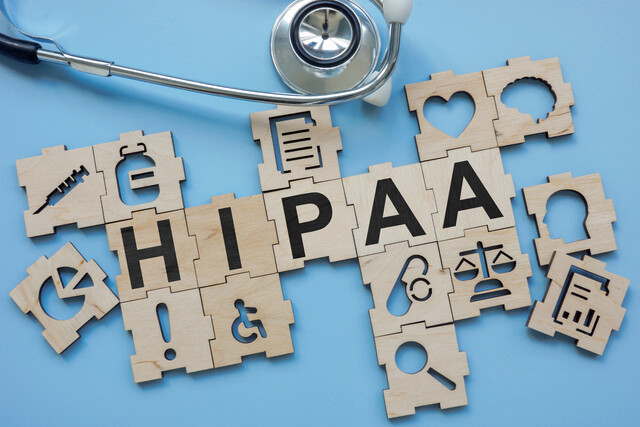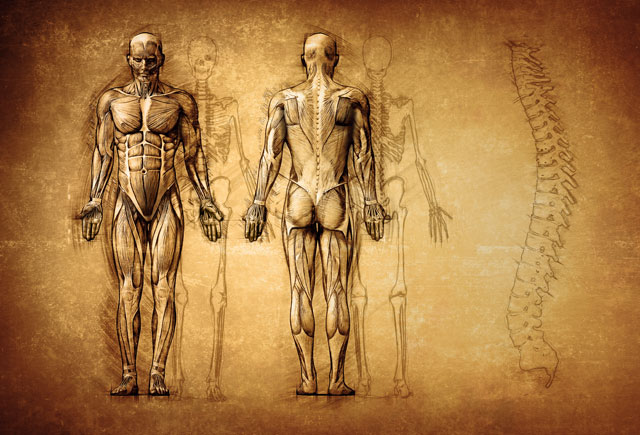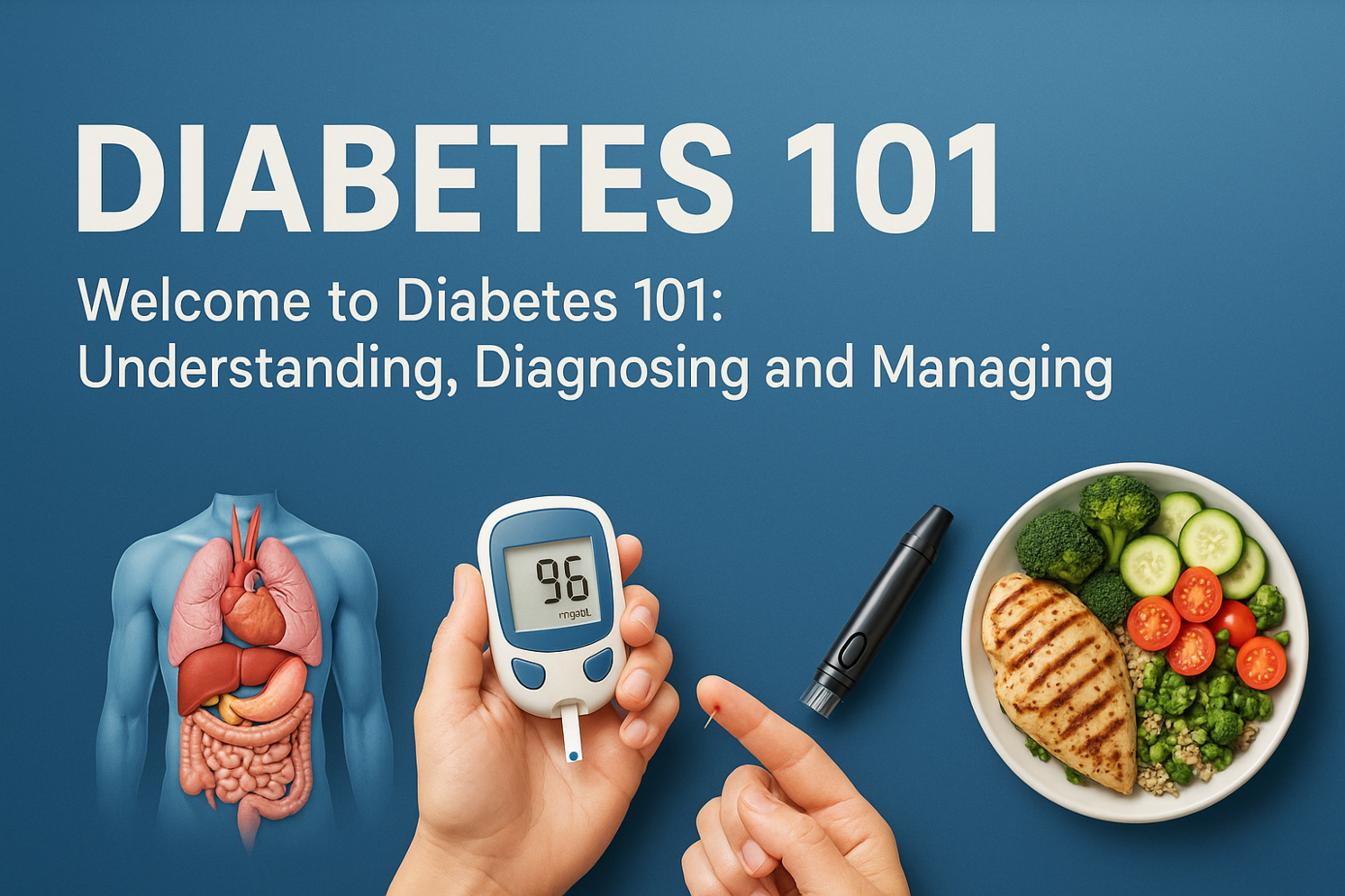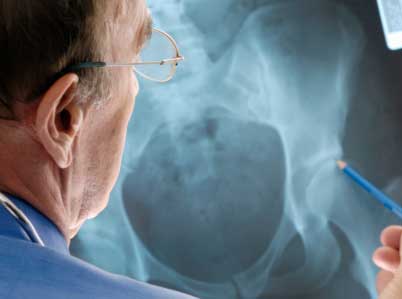In this article, you will learn the importance of routine maintenance and preventive health, such as dental and vision exams. In addition, you will learn about the components of a routine physical exam and its importance in detecting and preventing illness. Section 1. The Importance of Prevention and Routine Health Maintenance
As nice as it would be to sail through life without the need for routine medical checkups and preventative health measures, they are a necessary part of maintaining wellness. Much like a car, our bodies need regular service checks to make sure that we are operating well and to catch any potential problems before they get out of hand.
Preventative health is routine in the United States, but in many countries this is not the case. In many developing countries, there are not enough funds and medical resources to provide the general population with routine preventative care. Many of the things we take for granted, such as yearly physicals, dental exams, and vision checks simply do not exist. As a result, there is more disease, earlier ages of death, and more mothers and children who suffer adverse effects during pregnancy and childbirth. It's important to take advantage of the many privileges you have to help you maintain health.
In the next sections, we will explore and learn the benefits of common prevention and health maintenance options available in the developed world.
Check IN: Section 1.
Do you know someone who has never been to the doctor?
Routine physicals are a great way to ensure that you stay healthy and an opportunity to discuss any symptoms or concerns you may have with your family physician. Also, it is often the case that serious health problems are uncovered during routine checkups and when caught early, can be effectively treated.
As a young child, you may visit the doctor more frequently for immunizations; however, in your teen years and into adulthood, a yearly visit is often sufficient as long as you have no specific health problems. When you visit the doctor, make sure to share any symptoms that you may have experienced since your last visit and feel free to ask any health related questions that you may have. A physical may last anywhere from 15 minutes to an hour, depending on the doctor and style of practice. Below are some of the common elements that you can expect when receiving a physical.
Medical History Review. If you are seeing a new doctor, they will take some time to collect information on not only your health, but also that of your immediate family to assess your risk factors for certain hereditary conditions. The doctor or nurse will have you fill out a questionnaire of general health questions about yourself, also asking whether anyone on your mother or father's side suffers from such things as high blood pressure, cancer, diabetes, or others.
Your doctor will likely begin the exam sitting down and going over your medical history. He or she may go through and reconfirm information already in your chart before moving on to the present. The doctor will read through your forms if necessary and mention any items they feel are relevant. In addition to general health questions, you may be asked questions such as the following:
- Do you like school? Do you have friends there?
- What do you do for recreation and how much exercise do you think you get on a daily or weekly basis?
- What types of food do you like?
- Do you drink or have you ever experimented with drugs?
- Do you sleep through the night and feel well rested upon waking?
- How is your academic performance?
- Do you have a boyfriend or girlfriend? Are you sexually active?
- Have you had any injuries, hospitalizations, or surgeries?
- What are any health concerns that you have?
Your answers to these questions help to provide the doctor with an overall picture of your health and identify any possible risk factors or areas that they may need to explore further with you. Some people, especially young adults, may be hesitant to share personal information with someone they deem a stranger, but your physician has your best interest in mind. It is important to view your doctor as a valuable resource that you can use to better understand your body and the changes that you may be undergoing mentally, physically, and emotionally.
Check IN: Section 2.
Do you feel comfortable with your doctor?
Would you have any problems in answering the questions above? Why or why not?
How do you think these questions relate to your overall long term health?
Components of the Physical Exam
Once the preliminaries are complete, the doctor will move onto the physical exam, which usually begins with checking your vital signs. In some offices this may be done by a nurse before you are seen by the doctor. Vital signs are critical indicators that your body is alive and functioning properly and include checking your blood pressure, heart rate, respiration rate, and temperature.
During the exam, the doctor will likely listen to your heart and lungs using a stethoscope. He is looking for any abnormal rhythms or breathing patterns that could indicate a problem. The doctor will also feel your head and neck, especially on the sides to find any potential lumps and also to check the glands in your neck for abnormalities. Your stomach also gives an indication of your health and the doctor will feel around the stomach for any signs of swelling or tenderness which could indicate a problem with some of your internal organs.
You are likely familiar with vaccinations, as they are a routine part of a doctor's visits during early life, especially before the age of twelve. Also called immunizations, they are injections administered at intervals determined by the Center for Disease Control in an effort to reduce the number of people who get ill from specific illnesses each year. Some of the better known vaccines are the chickenpox, mumps, and rubella vaccines. Vaccinations are administered more frequently in the early years of life and then taper off considerably with the last mandatory set of shots administered between the ages of eleven and twelve. However, many colleges and universities also require a meningitis vaccine upon admission.
How Do Vaccinations Work?
Vaccine injections consist of a weak strain of the actual virus that you are seeking to become immune against. The premise is that the injected virus is not strong enough to cause you to become ill, but contains enough strength that the body will detect it as a foreign invader and manufacture antibodies to defend against this particular virus. The goal is to have a defense mechanism in place (make the body "immune" to it) for when a full strength strain of the virus comes along. There are differing opinions as to whether immunizations are actually effective, as every year children who have been immunized against specific diseases still become ill.
In addition to the above, there is also a growing concern about the ingredients in vaccines. Tests have shown that some vaccines contain mercury and other contaminants that can be harmful to the body. There are also documented cases of allergic reactions to specific vaccines, and even some deaths. Despite this, vaccines are still a mainstay in disease prevention. As you grow older and start a family of your own, the decision to vaccinate your children should be a personal one made after thoroughly reviewing both sides of the argument.
Physician Recommendations
Once the physical examination is complete, the doctor will discuss any findings with you if necessary and make any needed recommendations for changes in your diet, medications, and lifestyle. If there are signs or symptoms present that the doctor would like to investigate further, he may request laboratory tests, or send you to a specialist such as an optometrist or orthodontist. In any event, it is always a good idea to follow your doctor's health recommendations and keep copies of all paperwork, lab reports, and medications prescribed in a safe place for easy reference.
There is a saying, "You only have one set of teeth." Proper dental care is important at any age, but once you shed your baby teeth and your set of permanent teeth comes in, proper dental care is especially important. This set of teeth must last you the next 55-75 years! By maintaining proper dental hygiene and regularly visiting a dentist, you can ensure that your teeth stay strong and white for years to come.
Why Brush?
During the day, you are eating and drinking and as you chew, some of the food as well as the sugars and fibers it contains adhere to your teeth. Failure to brush regularly allows the food particles to become trapped in your teeth and decompose in your mouth. This breeds bacteria which is harmful to your teeth and gums and can cause potentially serious and long lasting problems. In addition, if you fail to brush often, the sugar and chemicals found in many foods can leave a buildup called plaque and erode the enamel of your teeth over time, leaving you susceptible to cavities, gum infections and diseases, and broken teeth.
To avoid the problems mentioned, follow these tips for oral health:
- Brush your teeth a minimum of twice daily, with three to four times being optimal.
- Try to brush for a minimum of two minutes each session.
- Use a toothpaste containing fluoride to help breakdown plaque and tarter.
- Use floss to remove food particles from your teeth and stimulate your gums.
- Do not brush excessively hard as this may cause bleeding and weaken the gum line.
- Use a consistent back and forth motion on the front of your teeth and quick shorter strokes on the top edges (biting surface), as well as in the rest of your mouth.
- Minimize excessive sugar, soda, and junk food consumption
Visiting the Dentist
In addition to practicing dental hygiene at home, you should visit the dentist for a cleaning and oral exam every six months. This will allow the dentist to remove any tarter and detect potential dental problems before they get out of hand. The dentist will also examine your teeth for any abnormalities that may require correction and if so, may refer you to an orthodontist for braces or other corrective treatment.
Below are common dental problems that are preventable with preventive dental care.
- Bad Breath, also called Halitosis.
- Plaque Buildup.
- Cavities.
- Gingivitis.
- Gum Disease.
- Oral Cancer.
- Tooth Erosion.
When was your last dental exam? How often do you usually visit the dentist?
Do you currently have any fillings or cosmetic dental work?
How might you improve your oral hygiene regimen going forward?
Conclusion
Routine examinations are a thorough means of evaluating your overall health and act as a preventive measure against serious disease or illness. Also, finding health care providers that you feel comfortable with will allow open dialogue and a beneficial and collaborative doctor::patient relationship.































